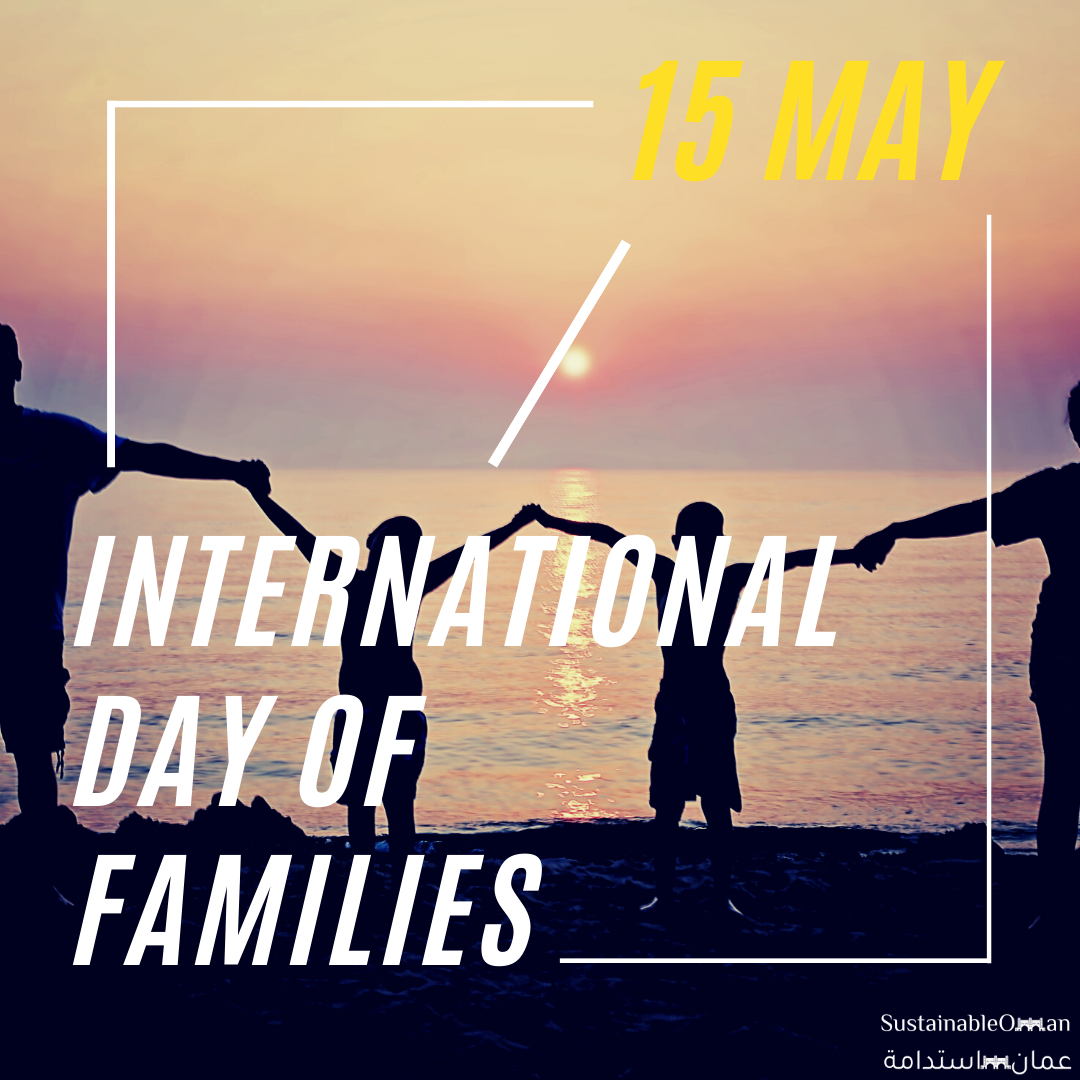Background
During the 1980’s, the United Nations began focusing attention on issues related to the family. In 1983, based on the recommendations of the Economic and Social Council, the Commission for Social Development in its resolution on the Role of the family in the development process (1983/23) requested the Secretary-General to enhance awareness among decision makers and the public of the problems and needs of the family, as well as of effective ways of meeting those needs.
In its resolution 1985/29 of 29 May 1985, the Council invited the General Assembly to consider the possibility of including in the provisional agenda of its forty-first session an item entitled “Families in the development process”, with a view to consider a request to the Secretary-General to initiate a process of development of global awareness of the issues involved, directed towards Governments, intergovernmental and non-governmental organizations and public opinion.
Later, based on the recommendations of the Commission for Social Development, formulated in its 30th round of sessions, The Assembly invited all States to make their views known concerning the possible proclamation of an international year of the family and to offer their comments and proposals.
In 1993, the General Assembly decided in a resolution (A/RES/47/237) that 15 May of every year should be observed as The International Day of Families. This day provides an opportunity to promote awareness of issues relating to families and to increase the knowledge of the social, economic and demographic processes affecting families.
On 25 September 2015, the 193 member states of the United Nations unanimously adopted the Sustainable Development Goals, a set of 17 goals aiming to eliminate poverty, discrimination, abuse and preventable deaths, address environmental destruction, and usher in an era of development for all people, everywhere. Families and family-oriented policies and programmes are vital for the achievement of many of these goals.
Could families be the key to achieving the SDGs?
Family policies are a mainstay of national public policies, and the most meaningful vehicle for governments to influence the living standards of upcoming generations. As part of achieving the global ambitions of the Sustainable Development Goals (SDGs), family policies play an important part in meeting targets across many of the goals.


